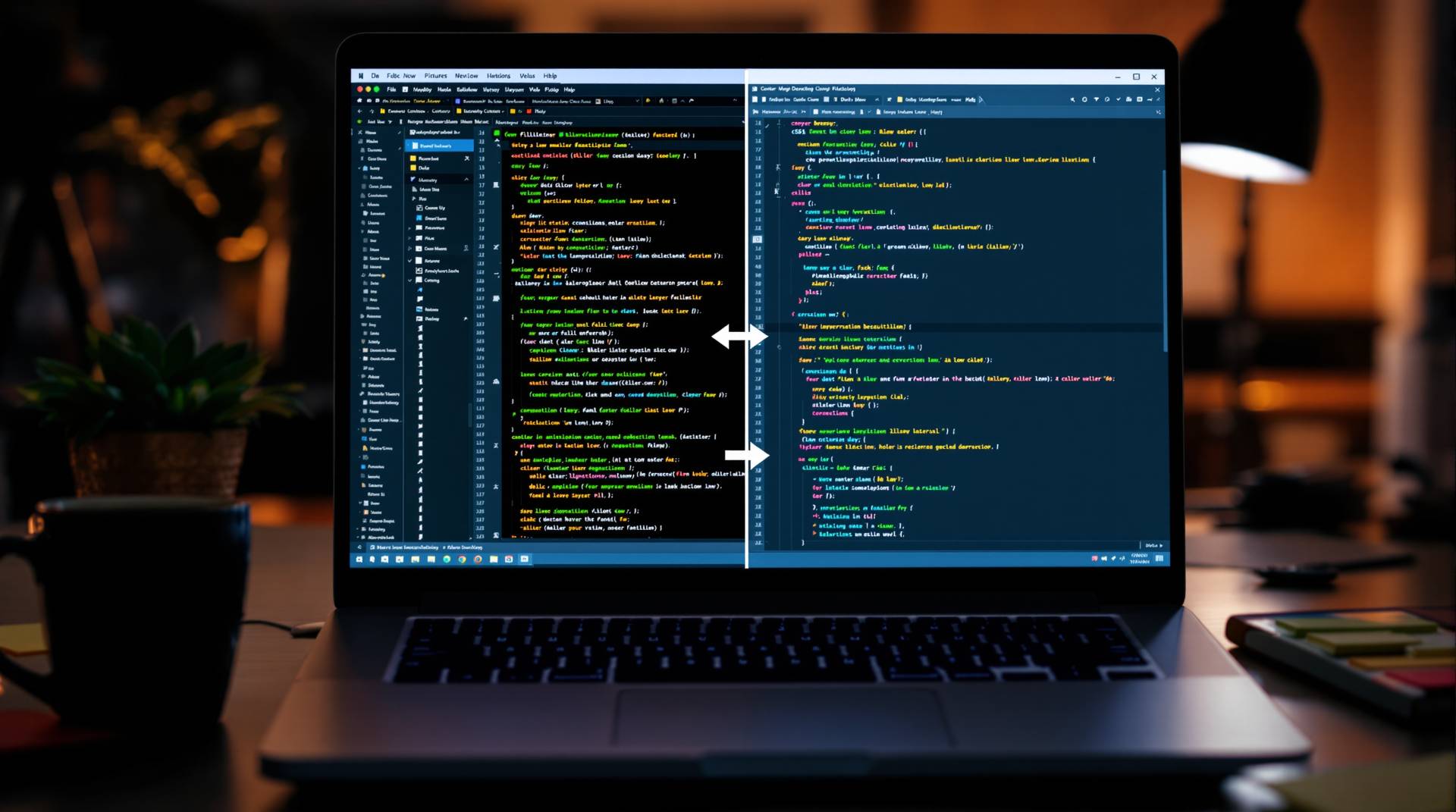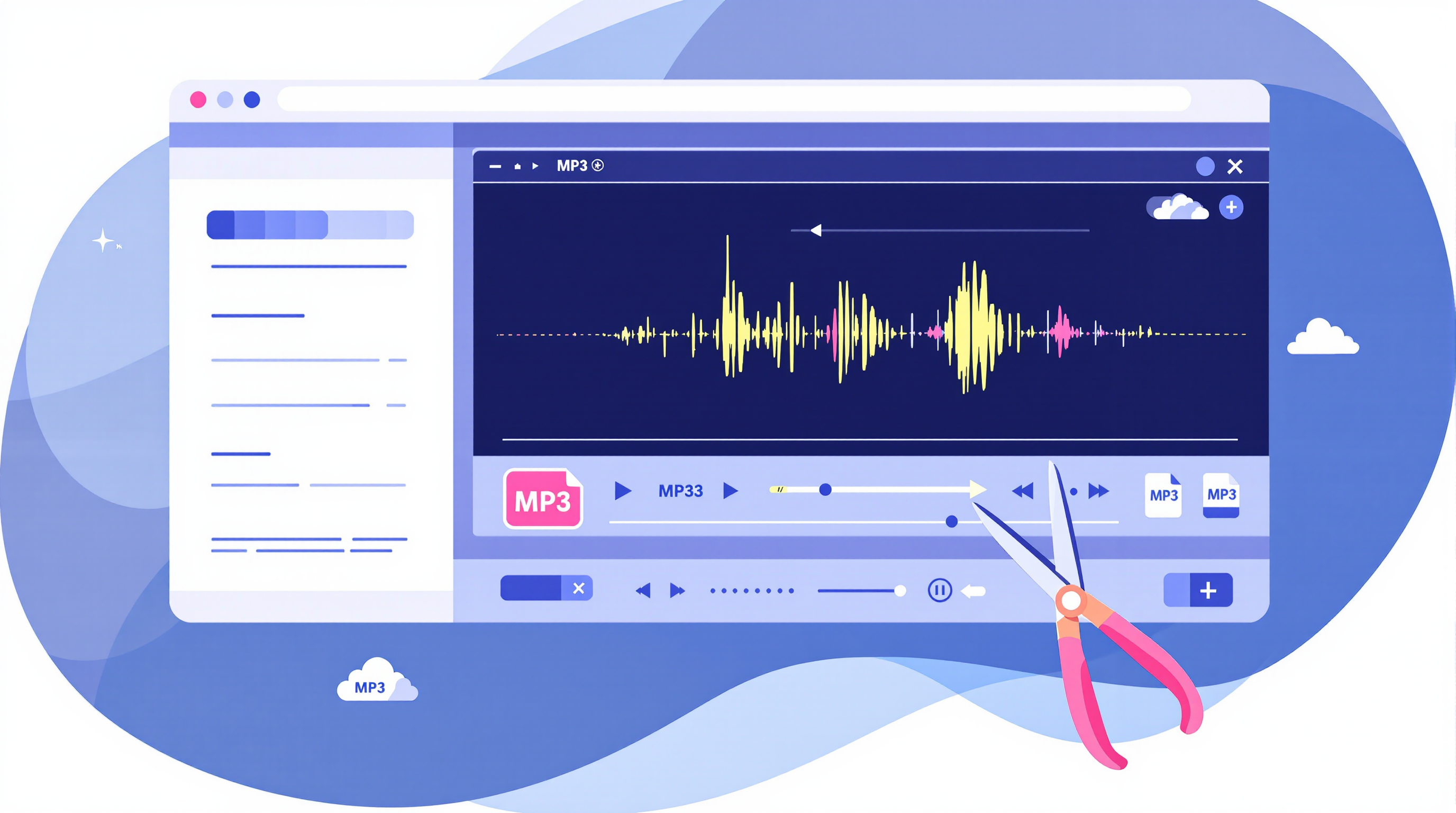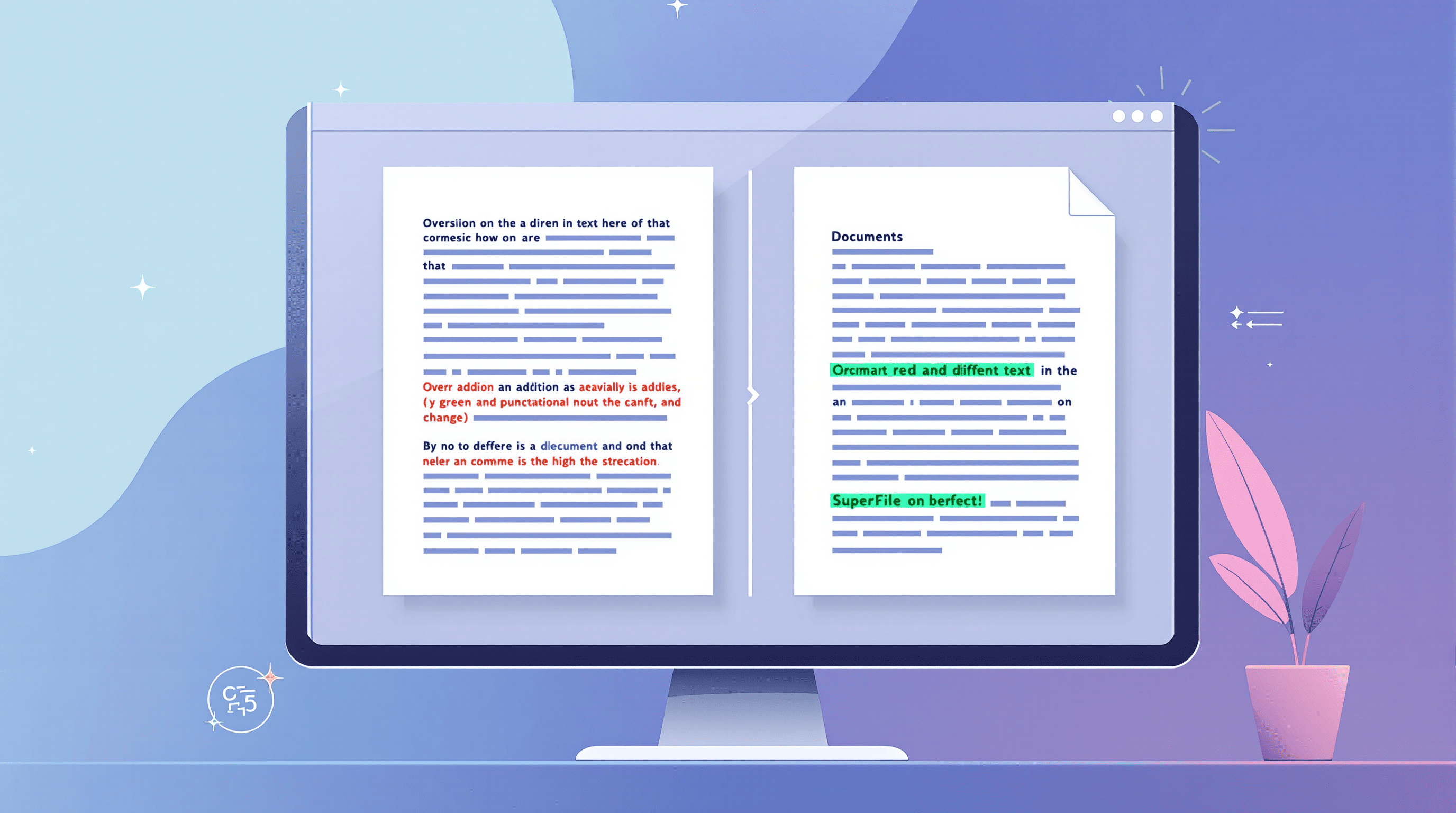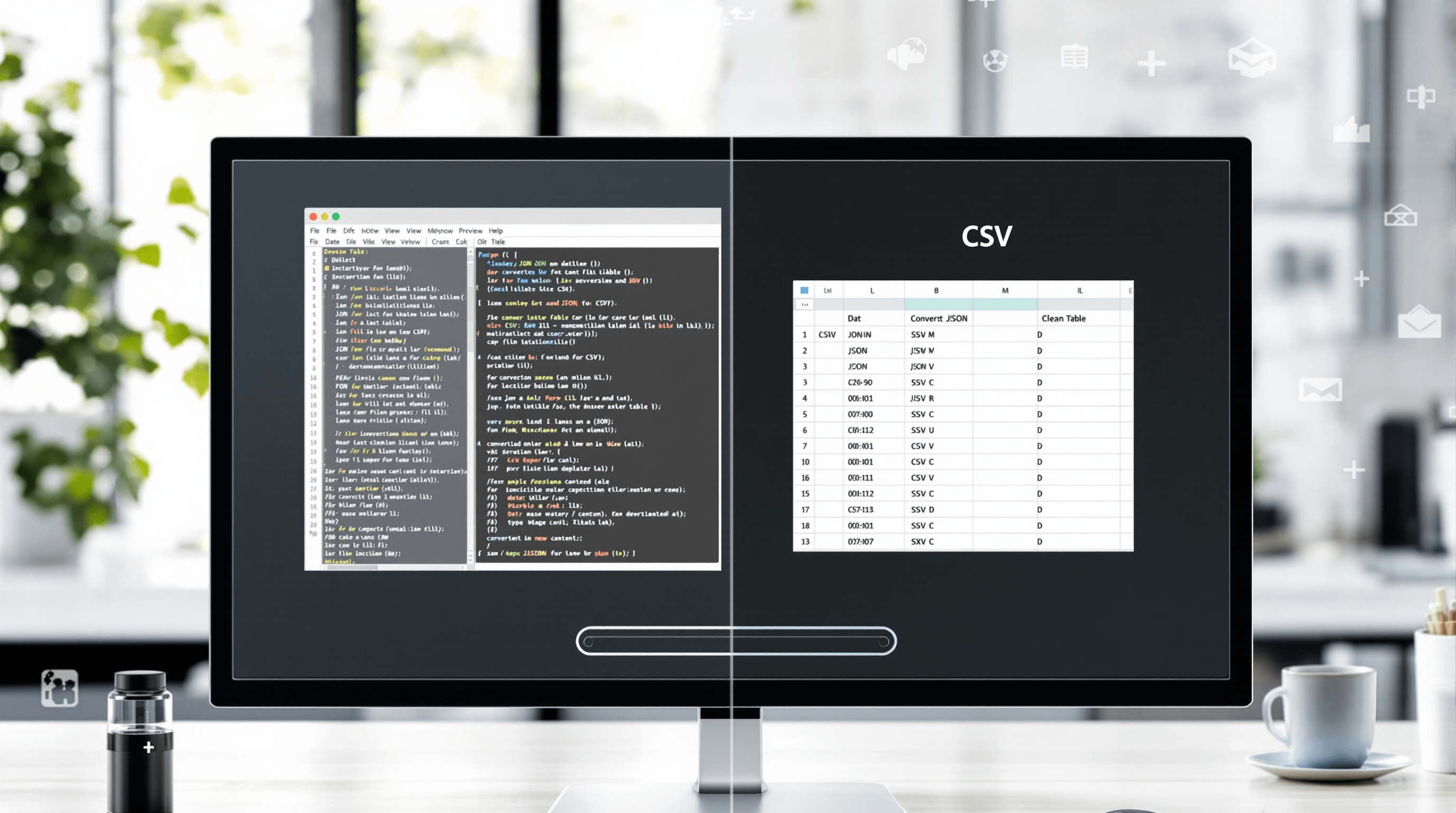Regex Tester Explained: What It Is and Why It Matters in 2025
Let’s face it: regular expressions (regex) are one of those tools developers love to hate, until they need them.
They’re precise. Powerful. And painfully unreadable without the right context.
That’s where a regex tester comes in. And not just any regex tester, a good one. One like the regex tester in Superfile.ai, which helps you visually test and debug expressions in real time.
But let’s step back. If you’ve ever found yourself staring at a string of symbols and slashes, wondering whether it’s going to validate an email or break your backend, this guide is for you.
We’re going deep, not just into what a regex tester is, but why it matters more than ever in 2025.
What Is a Regex Tester?
At its simplest, a regex tester is a tool that allows you to input a regular expression and run it against sample data to see if it behaves the way you expect.
In other words, you build a pattern, paste in some example text, and the tester highlights what it matches (or doesn’t). It’s your sandbox, safe, instant, and visual.
This is critical because regular expressions don’t look like normal code. They’re abstract. Symbol-heavy. Easy to get wrong. That’s why the ability to test regular expressions online, without waiting for deployment or rerunning a program, is essential.
Why Regex Is Still Relevant in 2025
You might be thinking, “Aren’t we automating everything now? Doesn’t AI write regex for us?”
Well, yes and no.
Sure, AI tools can suggest patterns, and low-code platforms handle simple validations. But under the hood, regex is still doing the heavy lifting.
Here’s where regular expressions show up every day:
- Validating user input: email addresses, passwords, phone numbers, and credit cards.
- Parsing logs: from servers, applications, or system processes.
- Web scraping: extracting structured data from unstructured pages.
- Security auditing: spotting attack patterns, anomalies, or threats.
- Search algorithms: identifying patterns in text or data files.
Whether you're working in Python, JavaScript, Java, or shell scripting, regex is there. Quietly powerful. But dangerous if used blindly.
That’s where a reliable online regex tester saves the day.
What Makes a Good Online Regex Tester?
Now that we’ve covered the why, let’s talk about the how. Specifically, what features matter when you’re picking a tool to verify a regex?
Here are 10 critical features that separate an average online regex test tool from a truly useful one:
- Real-Time Highlighting
You type, and it reacts instantly. No clicking. No compiling. A good online regex tester should visually highlight matches the moment you modify the pattern or the test string. This immediate feedback lets you experiment without fear. - Detailed Match Explanation
A match is great. But why did it match?
The best online regex checkers break down the expression into individual components, showing you exactly what each part does. It helps you learn, debug, and build better patterns. - Multiline Support & Flags
Regular expressions aren’t one-size-fits-all. You might need to enable global matching (g), ignore case sensitivity (i), or allow multiline behavior (m).
Good regex testing online tools give you toggleable flags to mirror how the expression will behave in real code. - Sample Text Input Area
Your expression needs context. A robust regex validator allows you to paste in realistic input text, not just a single line. Whether it’s log entries, emails, or messy data, you should test how it performs in the wild. - Error Detection and Suggestions
Let’s be honest: regex errors can be cryptic. A missing backslash or unmatched bracket can break the whole thing.
That’s why smart regular expression testing online tools highlight syntax problems and even suggest fixes. - Code Language Compatibility
Different programming languages interpret regex a bit differently. The regular expression test you wrote for Python might behave oddly in JavaScript.
Top-tier online test regex tools let you choose your environment so you can simulate behavior accurately. - Regex Library or Builder Option
Not everyone is a regex wizard. A good online regex builder gives you a visual interface to assemble patterns, dragging in components like character classes or quantifiers instead of memorizing syntax. - Save and Share Functionality
Ever spend an hour perfecting a complex regular expression tester online, only to lose it the moment you closed your browser?
Useful testers let you save your pattern, share a link, or export it for collaboration. - Dark Mode and UX Polishing
Design matters. You're going to spend time with this tool, maybe a lot of time. Look for testers that offer clean UI, dark mode, keyboard shortcuts, and snappy performance.
It’s not fluff. It’s usability. - Mobile-Friendly Access
Sometimes you need to check a regex online on the go, maybe during a meeting or debugging in a rush. A responsive interface makes sure you’re not tied to a desktop every time.
The Reality: Regex Is a Skill—And Testers Make It Teachable
Here’s the truth: regex isn’t going anywhere. As systems become more complex and data more unstructured, it’s becoming more essential.
But regex is also notoriously hard to learn.
That’s why online regex testers aren’t just tools; they’re learning environments. They show you what works and what breaks, in real time, without penalty.
Whether you're a beginner trying to match phone numbers or a senior engineer wrangling server logs, the ability to test regular expressions online is a foundational part of your toolkit.
Final Thought: A Regex Tester Is Like a Microscope for Your Code
Regex is powerful but unforgiving. One character off, and your pattern does something wildly unexpected. The solution isn’t to fear it; it’s to understand it.
A high-quality regex tester turns regex from black magic into something you can see, adjust, and trust.
And in a year like 2025, where speed, clarity, and reliability matter more than ever, that’s not just helpful. It’s essential.
.png)




.png)

